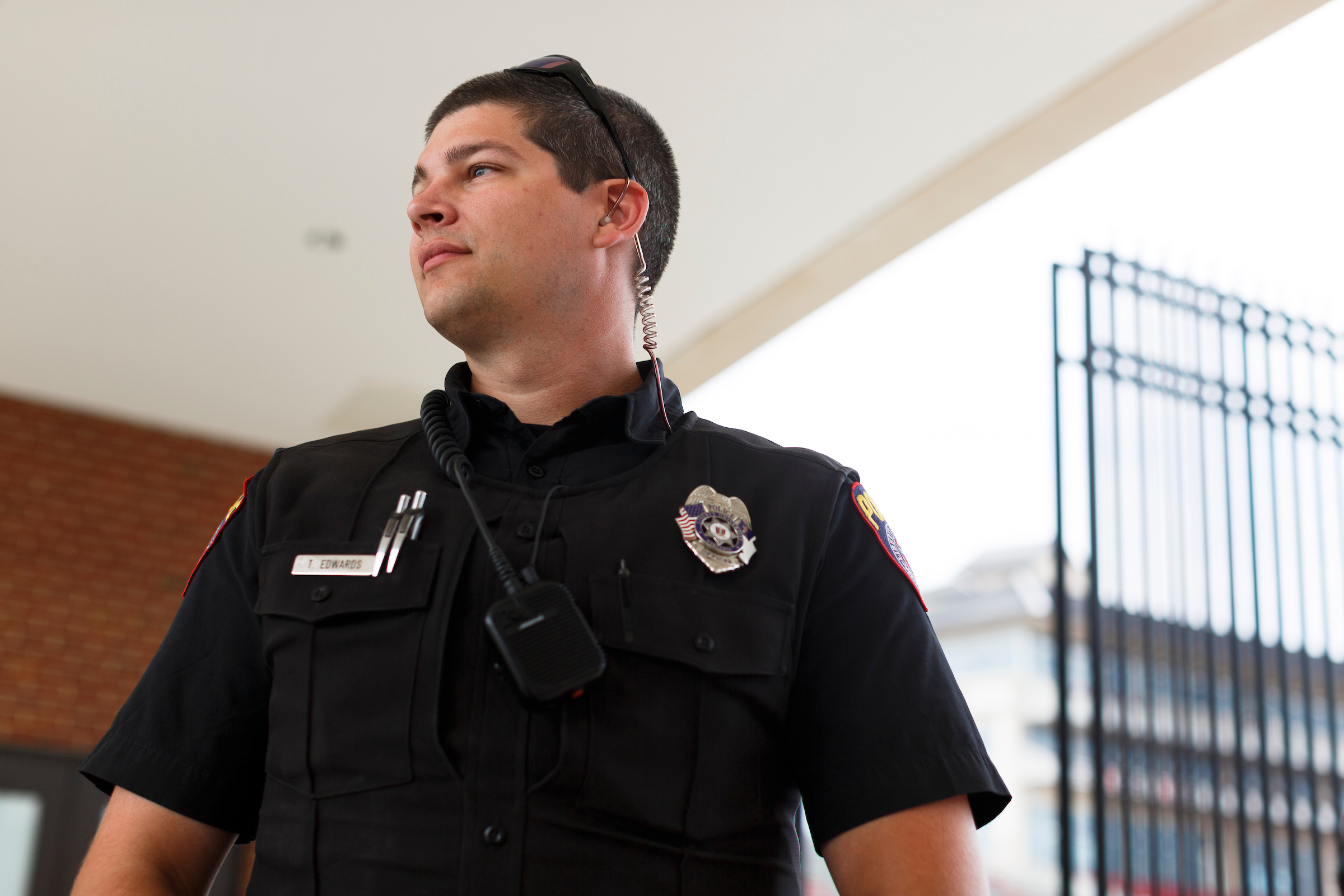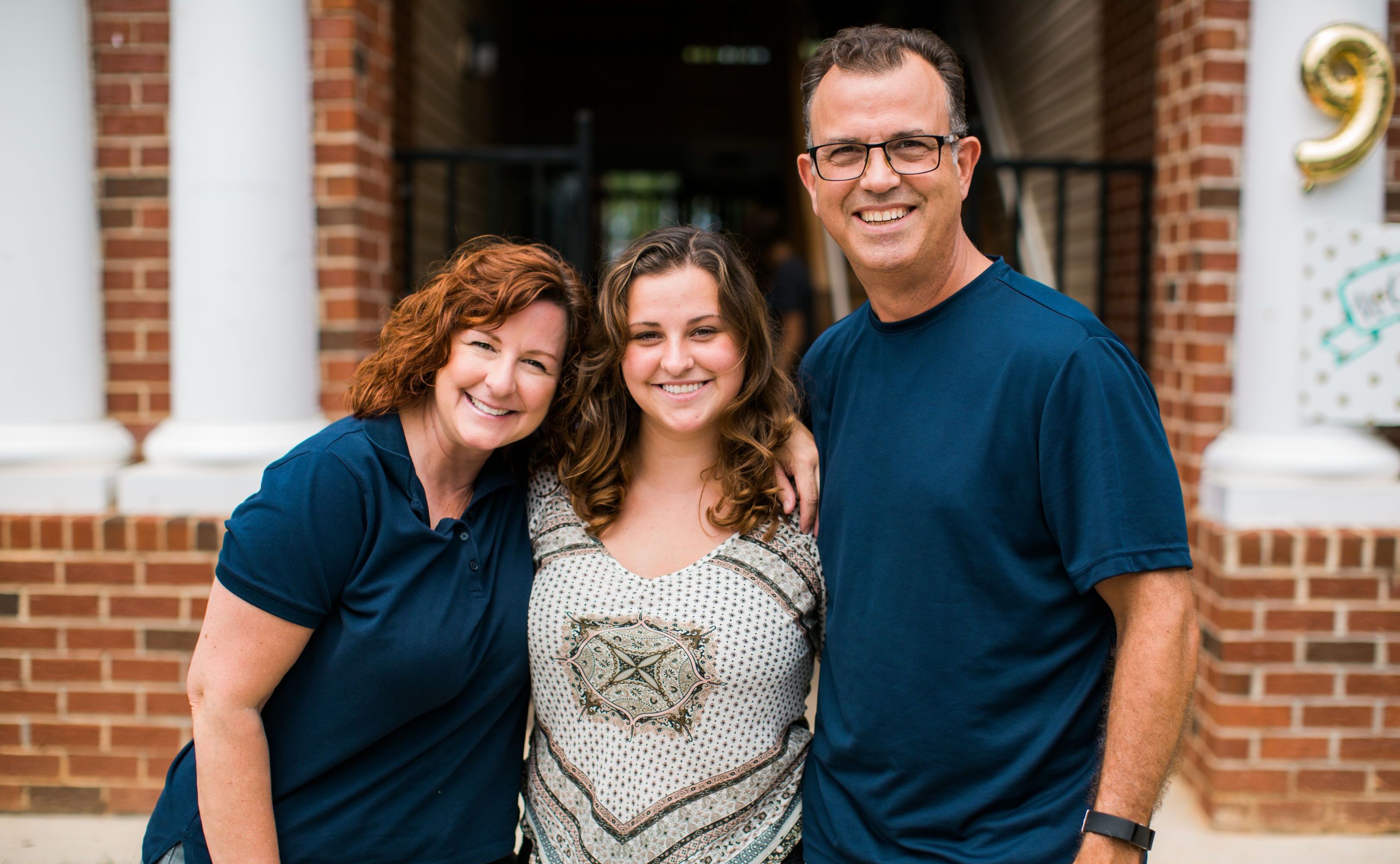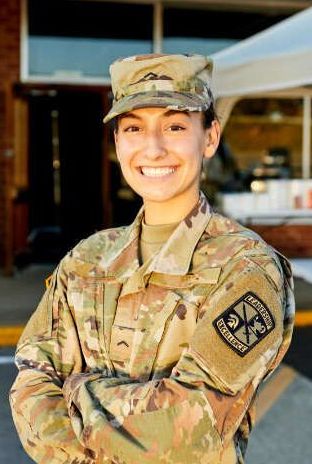Bachelor of Science (B.S.) in Criminal Justice – Juvenile Justice
Work with Children and Adolescents by Earning Liberty’s Bachelor’s Degree in Juvenile Justice
The fairness and effectiveness of the juvenile justice system of our cities, states, and nation have a dramatic effect on the success of our communities. Through our Bachelor of Science in Criminal Justice – Juvenile Justice degree, you will learn how to work with at-risk young people.
Our professors will use hands-on experience to teach a practical understanding of community-based corrections, delinquency, and crime prevention. You will prepare for a career in juvenile corrections by studying the internal workings of the criminal justice system and how it responds to juvenile delinquency and crimes against juveniles. You will also learn some of the more successful methods for establishing rehabilitation programs.
Pursue Your Degree with Confidence
- Liberty University is accredited through SACSCOC, the Southern Association of Colleges and Schools Commission on Colleges (SACSCOC).
- Graduates of Liberty’s criminal justice program have gone on to work with highly revered agencies and companies like the U.S. Department of Defense, Transportation Security Administration (TSA), AECOM Defense Services Sector, and the Virginia State Police.
- Your criminal justice professors are recognized for their excellence in teaching and have served with the FBI, Virginia Beach Police Department, and other distinguished law enforcement agencies.
- With the combination of internships and real-life simulations in your classes, you’ll receive multiple opportunities for hands-on training throughout your degree.
What Will You Learn?
- Ethical issues surrounding juvenile justice
- Fundamental operation and structure of the juvenile justice system in the United States
- In-depth analysis of correctional responses to juvenile offenders
- Law and policy foundation of legal issues and court decisions related to juvenile justice
- New methods used in juvenile justice
- New philosophies within corrections to establish successful rehabilitation programs
- Principles of juvenile delinquency, an overview of the juvenile criminal justice system, theories of delinquency, and other issues dealing with juveniles in the justice system
Career Opportunities for Our B.S. in Criminal Justice Graduates
- Corrections recreation leader
- Deputy prison warden
- Juvenile justice detention officer
- Juvenile rehabilitation coordinator
- Juvenile/youth counselor
- Probation officer
- Youth correction facility director
Internships and Resources Available to Criminal Justice Students
- Get hands-on training as you research cold cases and assist criminal justice reform advocates in exonerating wrongly convicted individuals.
- Your internship opportunities are broad. Students in this program have interned with the FBI, U.S. Secret Service, U.S. Marshals, Metropolitan Police Department, NCIS, and more.
- We offer a Washington Fellowship program, which allows you to spend a semester gaining invaluable experience working in the heart of D.C.
- Your classes provide practical application of the concepts you’re learning through simulations and training.
Admission Requirements for Undergraduate Degree Programs
Every application is reviewed by the admission committee on a case-by-case basis, meaning there are no set minimums for acceptance. However, all applicants must submit the following documents* for admission:
- Admission application
- Official high school transcripts
- Official college transcripts (if applicable)
- Results from the CLT, SAT, or ACT are not required for admission, but may be used in consideration for merit-based aid.
- Admission essay
*Note that additional documentation may be requested by the admission committee after your application has been received.
Credit Hours

Available On Campus
Class Type
Residential
Transfer Credits
Transfer in up to 75% of the degree total
Next Start Date
Aug 18, 2025
Accreditation
Liberty University is accredited by SACSCOC





